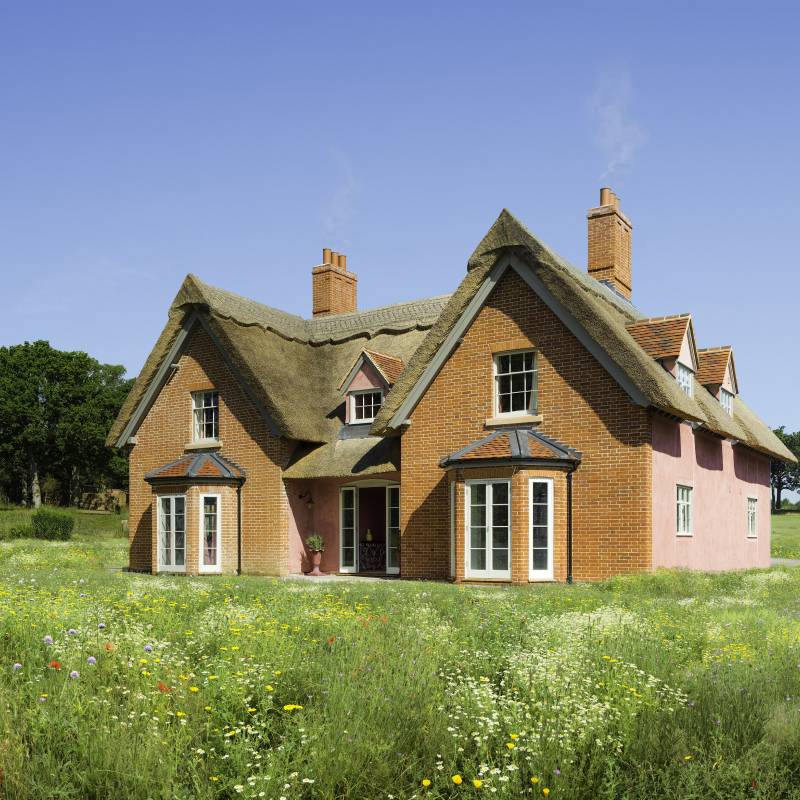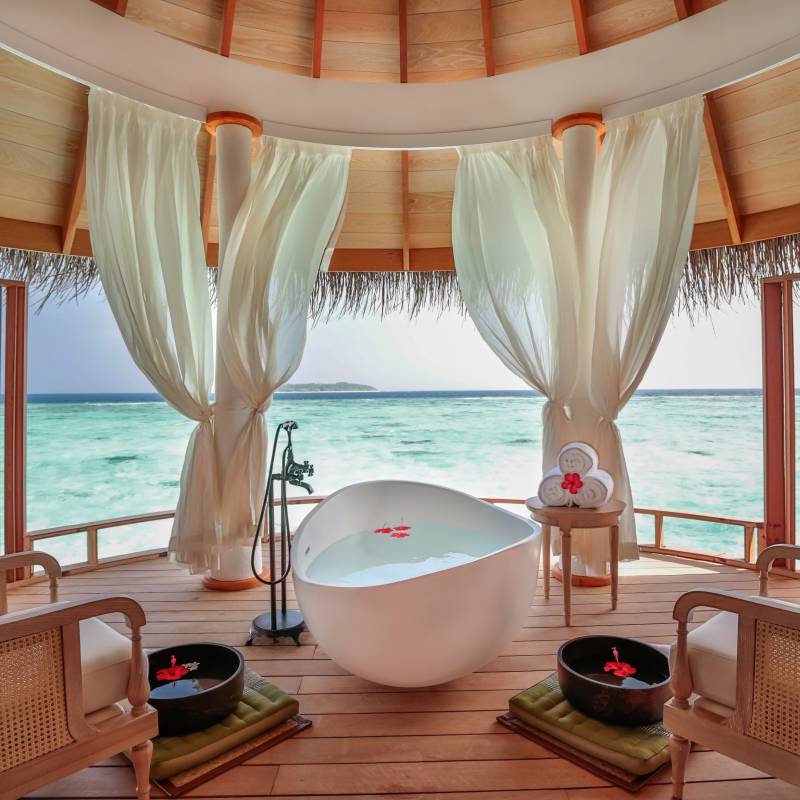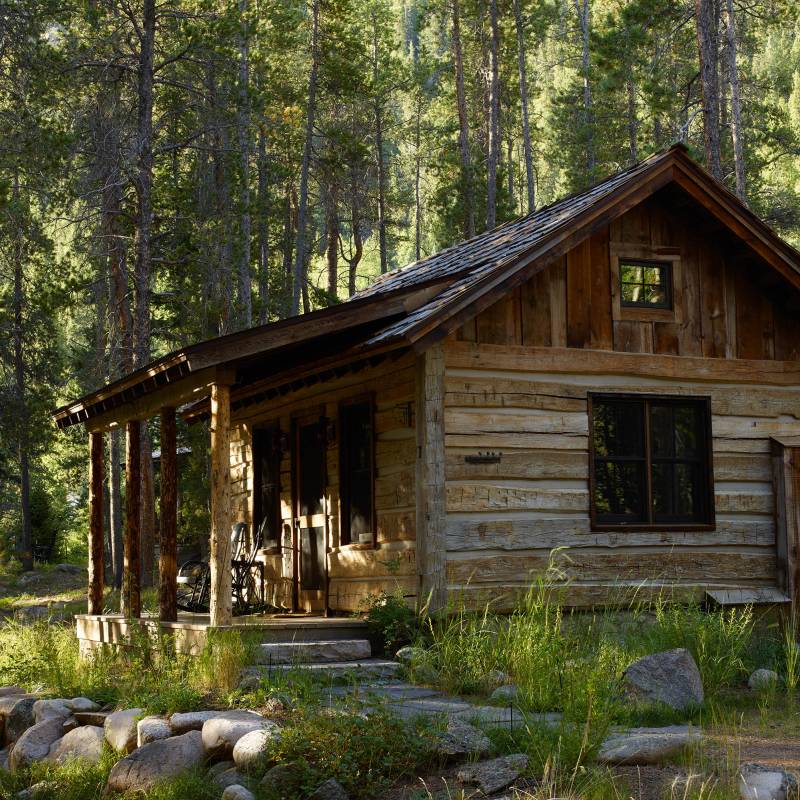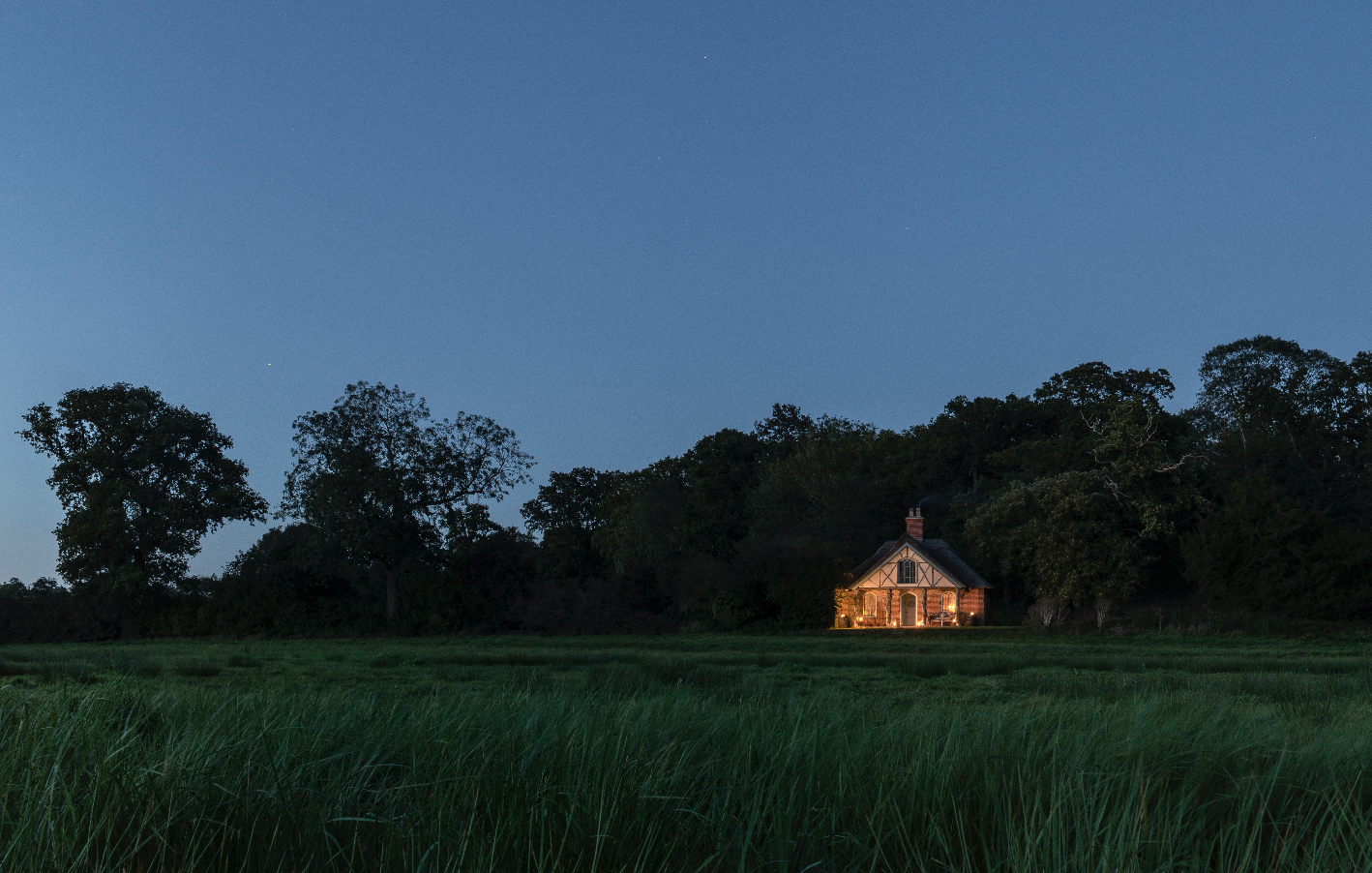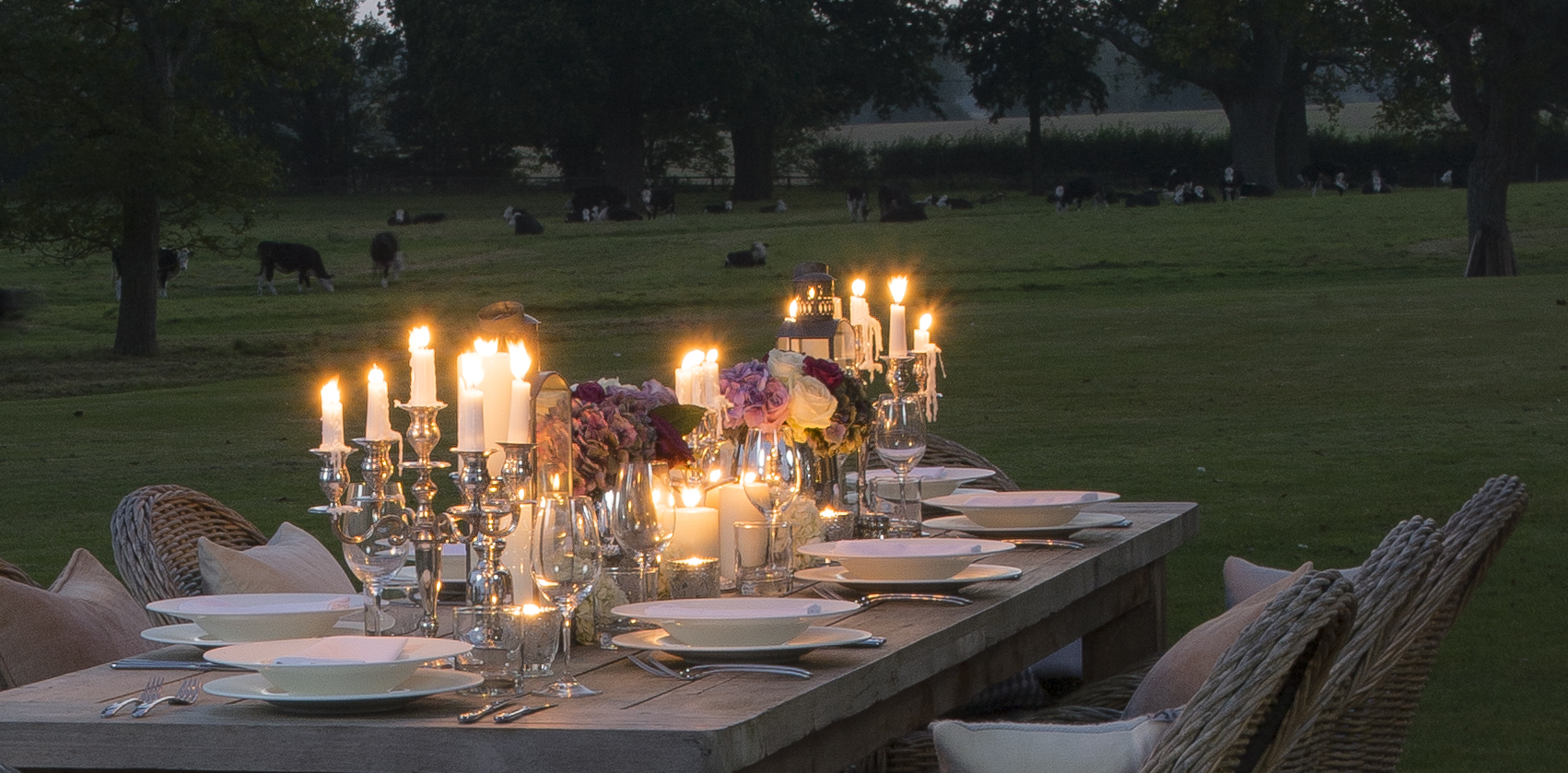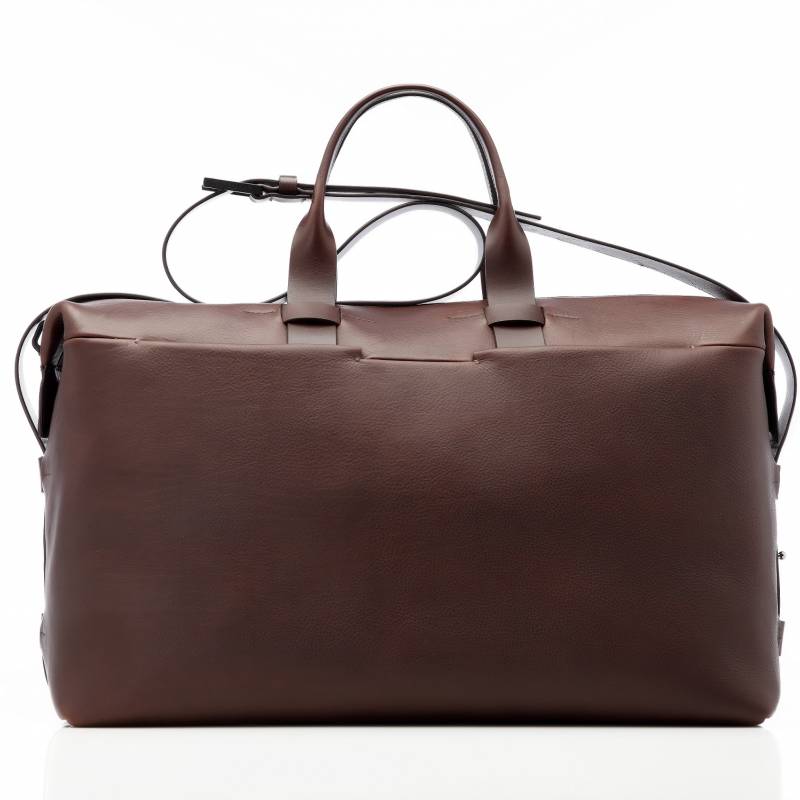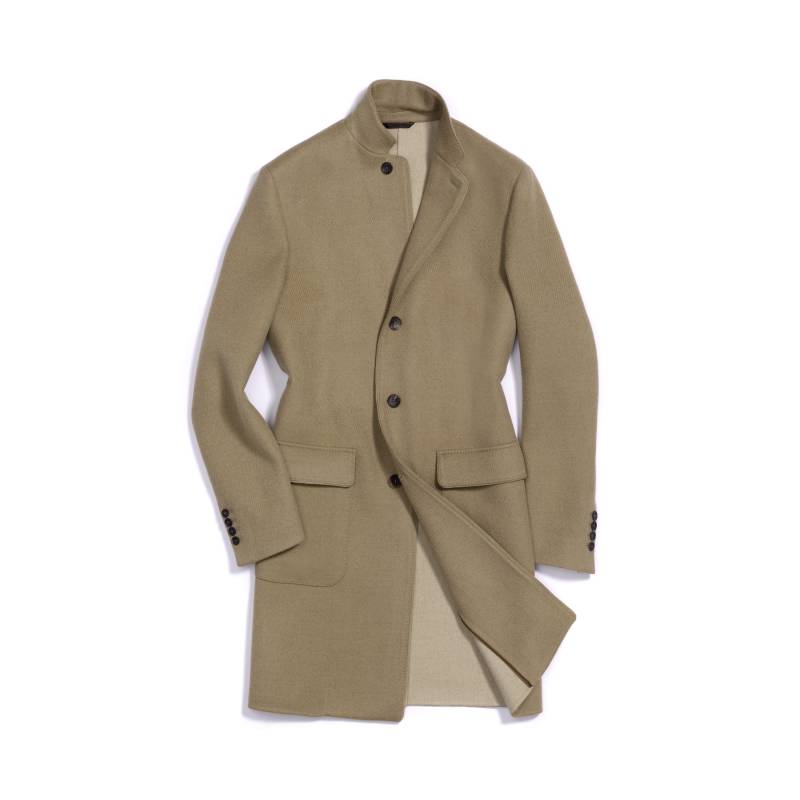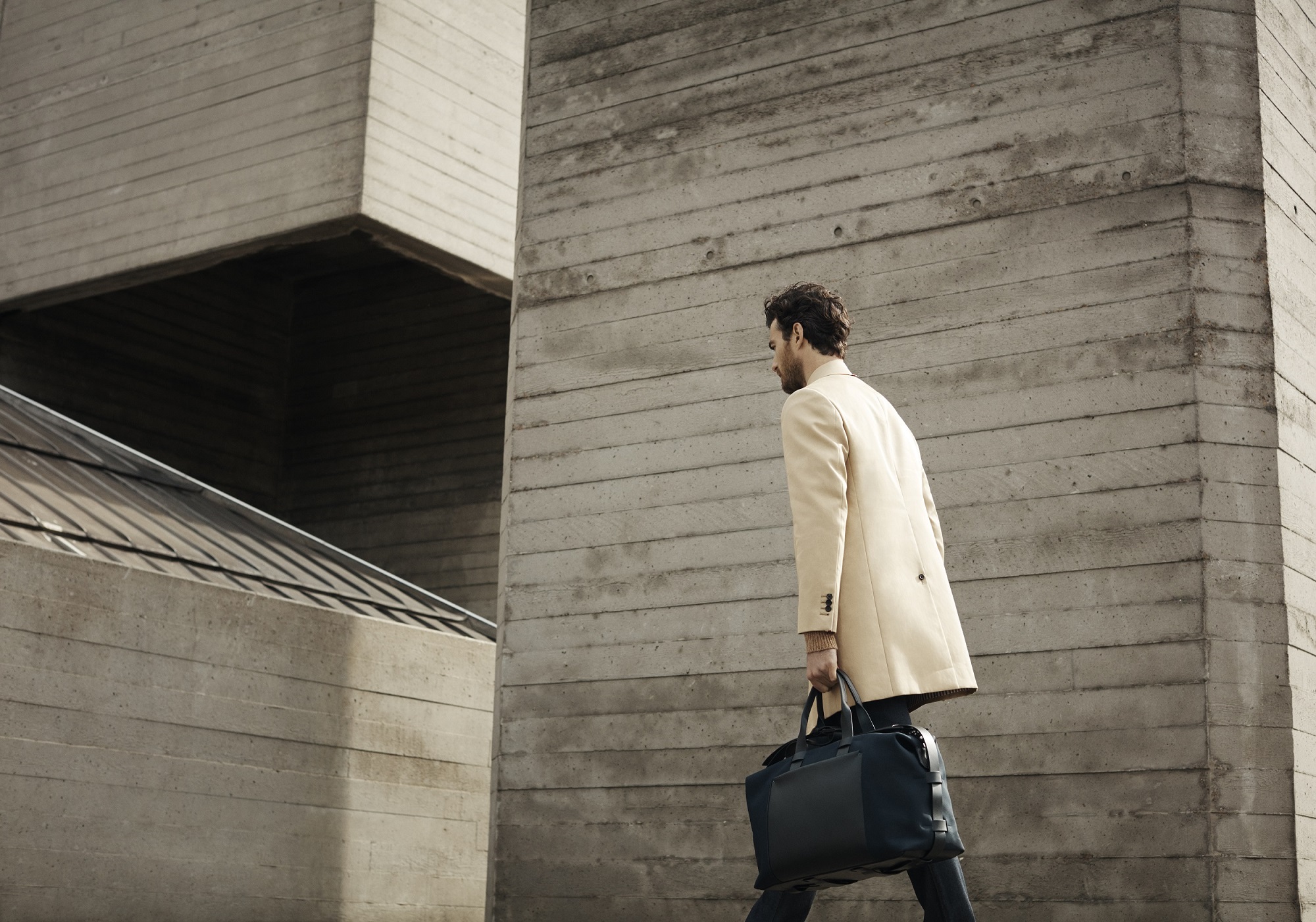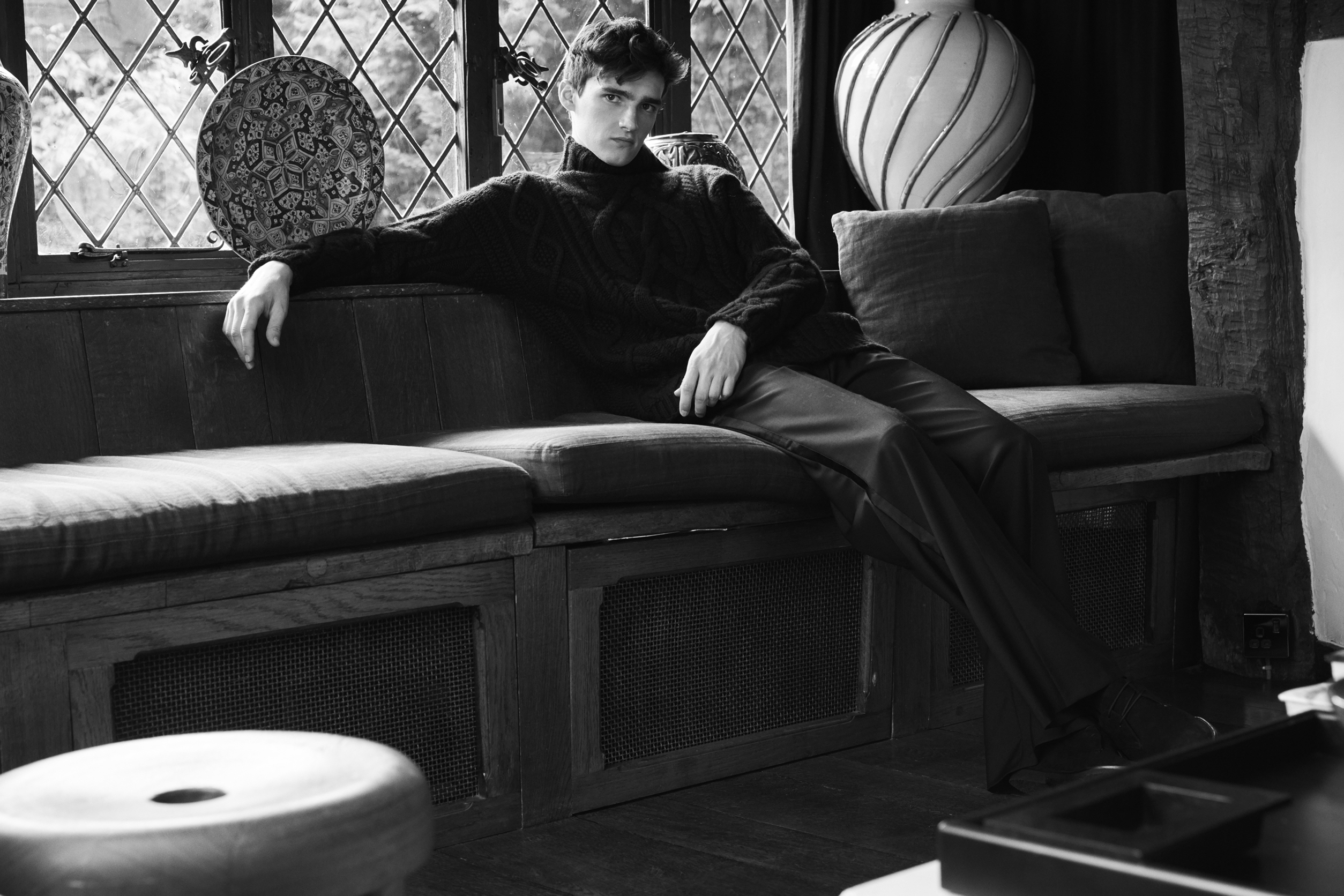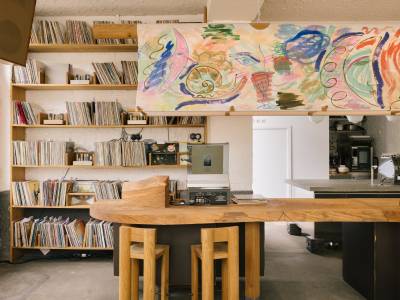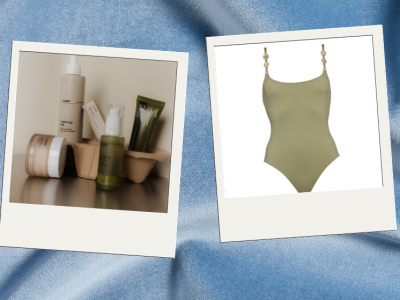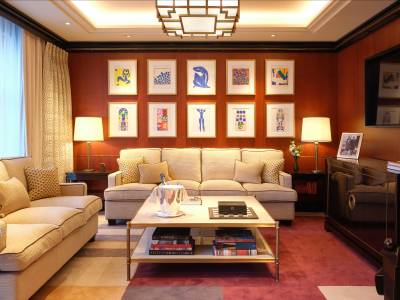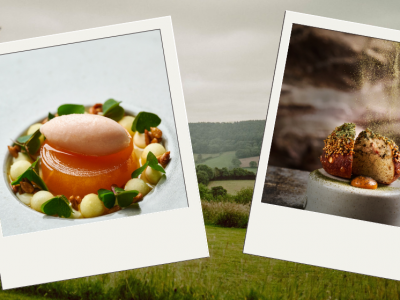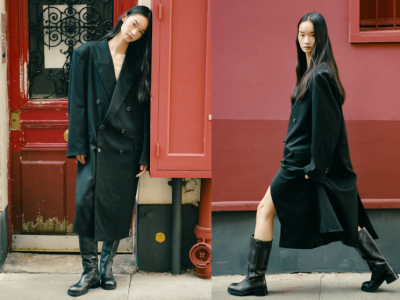For ex-racing driver Tom Bailey, it was the raw beauty of the quiet English countryside that lured him. Earlier this year, the entrepreneur and his 100 guests took over the Wilderness Reserve, a bucolic escape in Suffolk where cottages offerno electricity and bedtime reading is done by candlelight. Open fires roar and in place of a television, the sky provides a moving cinema.
The New Subtle: why the wealthy are seeking simplicity
9th January 2018
A new breed of wealthy individuals is seeking a simple and tranquil lifestyle over a hedonistic one. Welcome to the 'New Subtle' that's redefining what luxury means.
“Wilderness was a truly amazing escape,” Bailey explains. “It offered tranquillity and seclusion that allowed everyone three days of pure bliss. Whether relaxing in the pool or taking a boat out on the lake, Wilderness took us back to nature with its country air and abundant wildlife. It was worlds apart from the usual city break or beach holiday I’ve been on in recent years and it was something special to be able to relax in the beautiful English countryside.”
He is part of a growing trend of people embracing a more gentle, less flashy life, while — let’s be honest — still retaining a healthy dose of luxury. Call it the “New Subtle”. It means heading to log cabins in the far reaches of Colorado, where the beds still have Siberian feather-down duvets, or taking whittling and fire-making courses deep in the forests. It means choosing health over hedonism. Sleep camps are popping up across the world in luxury resorts and increasingly harassed HNWs are heading to Robinson Crusoe-style hideaways and ditching their electronics, or replacing them with call and text-only models. It is about slowing down, easing off the status anxiety, and seeking simple pleasures — while still swathed in Mongolian cashmere.
Take Rosa Alpina in northern Italy. Here, one of the most popular new camps at the five-star hotel involves foraging for mountain herbs and building fires (although guests can still return to the hotel to feast in its two-Michelin starred restaurant). “When I guide these type of guests, it is very difficult to get close to them,” says Rosa Alpina mountain guide Diego Zanesco. “Because of their status, they shield themselves from other people and the world. They are used to everybody wanting to be best friends with them because of their wealth and importance, so they look for something pure, simple and authentic. The camps bring them back to basics.
“When I take them climbing, they want to do the real stuff and they accept I will correct them and try to push them harder, even when they say they can’t anymore. I think what drives them is proving to themselves that they can hike or snowshoe without being helped by their wealth and status,” he says.
There is new wave of middle-aged professionals, who desire to purchase a product that you connect with, to start an experience. It's changing the way people think about how, why and when they shop
At Milaidhoo Island in the Maldives, guests enjoy old-fashioned rotary telephones and classic binoculars in the rooms, instead of fancy gadgets. For those seeking a rugged, wood-cabin escape, Taylor River Lodge in Colorado is for alpha explorers looking for a rustic mountain adventure, where white-water rafting and teepees are on offer at this £1,200-a-night hideaway. Ibiza, which has become the home of bling, has seen a new breed of hotel open for the post-clubbing generation with La Granja offering slow food workshops and talks on farming. It is fair to say, however, that many of the guests seeking Eden will still choose to get there by private jet.
Meanwhile at Le Barn, a French rustic hotel opening in the Forest of Rambouillet in the spring, guests will be able to tend their own allotment. Six Senses and SHA in Spain have started Sleep Camps. There’s even a reported craze for bankers embracing whittling courses and axe throwing.
The new mentality extends to property titans, too, observes Anthea Harries, Portfolio Manager of the St James’s district in central London for The Crown Estate, which manages the sovereign’s property portfolio. “The ethos of the retailers and restaurants of St James’s perfectly reflects the current trend for the understated,” she says. “Today’s consumer is looking for brands whose discreet style reflects their quality, and often a heritage of craftsmanship.”
It can also be seen in fashion. A new book, Uneasy Street: The Anxieties of Affluence by Rachel Sherman, a sociologist at the New School for Social Research in New York, catalogues a breed of HNWs, who are becoming increasingly embarrassed about their wealth; some are even cutting out labels of designer clothes and taking the word “Penthouse” off their top floor address. While this is an extreme example, there are those who are choosing understated luxury when it comes to apparel, alongside their favourite big brand labels. Booming sales have been achieved by cashmere kings Loro Piana and Brunello Cucinelli (the latter reported a 10.7% rise in sales in the first half of 2017), and the unlogo-ed goods of relative newcomers Connolly and Troubadour are attracting a modestly wealthy buyer.
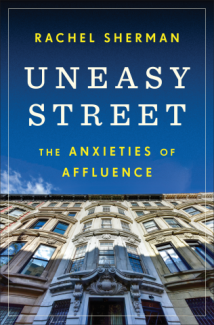
Uneasy Street: The Anxieties of Affluence
“I like discreet luxury in my life, but would never shout about it,” says banker Allan Sword, a Troubadour customer. ‘I think there is a new wave of middle-aged professionals, who have a real desire to purchase a product that you connect with, to start an experience. All of it is changing the way people think about how, when, why they shop, and what experience they want from it. I want to associate myself with people I can trust, people I can relate to and feel part of.’
It’s hardly new to go to Savile Row for subtle style, but customers who want to cut a less outré dash are now turning to the Mayfair tailors, says Brian Lishak, a tailor on Savile Row for 60 years both independently and in partnership with Richard Anderson. “The only labels in bespoke garments are information labels for the tailor’s use and they are hidden inside the garment. This is appealing more and more to younger, affluent customers. We have a sizeable business with young Chinese buying bespoke, made-to-measure and our ready-to-wear offerings. They seem to like the quiet discretion once they get a taste for it,” he says.
Luxury is no longer defined by expensive purchases, but investment in other benefits wealth can afford - philanthropy, time and exploration. So luxury is taking a more compassionate direction
There is also rising demand for luxury handcrafted pieces — products that appeal because of the way they are made, rather than the label they bear. Natalie Melton, one of the co-founders of The New Craftsmen, which sells artisanal British goods from a showroom in Mayfair and also represents the makers, says buying craft items suits the new spirit of the times. “As consumers, we should be buying less, but buying well,” she says. Jasper Morrison is another designer who has embraced the new psychology with his pared-back homeware pieces (and now, clothing). Even in tech there is a desire to shake off excess with the reissue of old school models such as the Nokia 3310 and the new Light Phone, a paper-thin handset with no internet, used only for calls.
“Luxury is no longer defined by expensive purchases, but investment in the other benefits wealth can afford — philanthropy, time and exploration,” observes Hayley Ard, Head of Consumer Insights at Stylus, the innovation, research and advisory company. “As a result, attitudes to luxury are taking a more compassionate, purposeful direction, with HNW individuals demonstrating a subtler approach to signalling their wealth. When luxury consumers do want to make an extravagant purchase, the focus is on quality and the ability to build a meaningful connection with a product.
“As experience overtakes possession, immersive and educative travel is appealing to the super-rich. Increasingly, HNW individuals are investing in personal wellbeing, opting for breaks that enable them to stretch and grow intellectually, emotionally and spiritually.”

